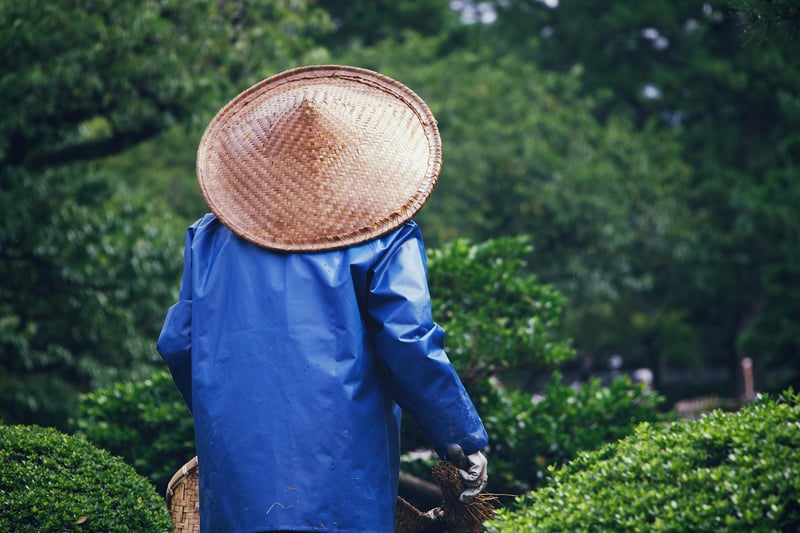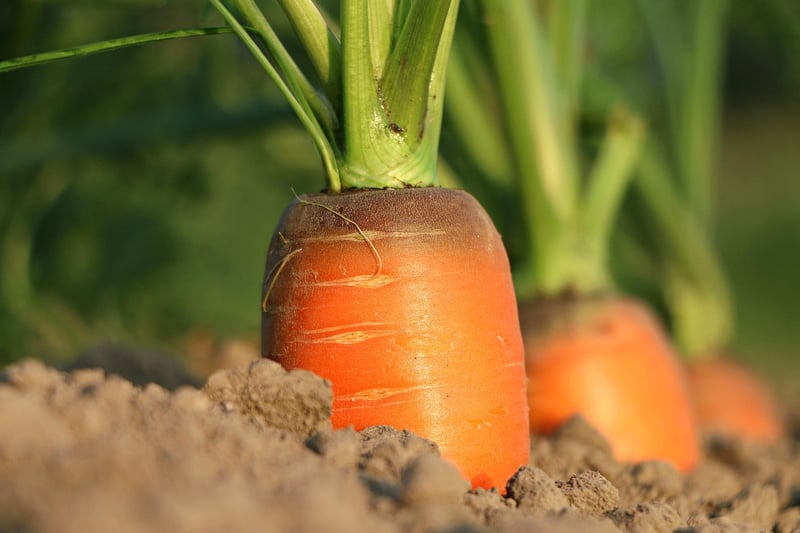Soil Health
#gardening tips
#plant care
#urban gardening
The Importance of Plant Maintenance and Soil Health
When it comes to maintaining a healthy garden or landscape, focusing on plant maintenance and soil health is crucial. By nurturing your plants and ensuring the quality of your soil, you can promote growth, prevent disease, and create a thriving ecosystem in your outdoor space.
Plant Maintenance Tips:
- Regular Watering: Water your plants deeply but infrequently to encourage deep root growth.
- Pruning: Trim dead or overgrown branches to promote new growth and enhance the overall appearance of your plants.
- Fertilizing: Use organic fertilizers to provide essential nutrients to your plants without harmful chemicals.
- Weed Control: Regularly remove weeds to prevent them from competing with your plants for resources.
- Pest Management: Monitor for pests and use natural or organic methods to control infestations.
Soil Health Tips:
- Soil Testing: Conduct soil tests to determine nutrient levels and pH, allowing you to adjust accordingly.
- Composting: Create your own compost to enrich the soil with organic matter and improve its structure.
- Mulching: Apply mulch to retain moisture, suppress weeds, and regulate soil temperature.
- Avoid Compaction: Minimize foot traffic and heavy machinery on soil to prevent compaction that restricts root growth.
- Rotate Crops: Practice crop rotation to prevent nutrient depletion and reduce disease buildup in the soil.
By following these plant maintenance and soil health tips, you can create a sustainable and vibrant garden that supports the growth of your plants and enhances the overall beauty of your outdoor space.

Remember, healthy plants start with healthy soil, so invest time and effort in maintaining both for long-term gardening success.
For more information on plant maintenance and soil health, visit University of Minnesota Extension.
